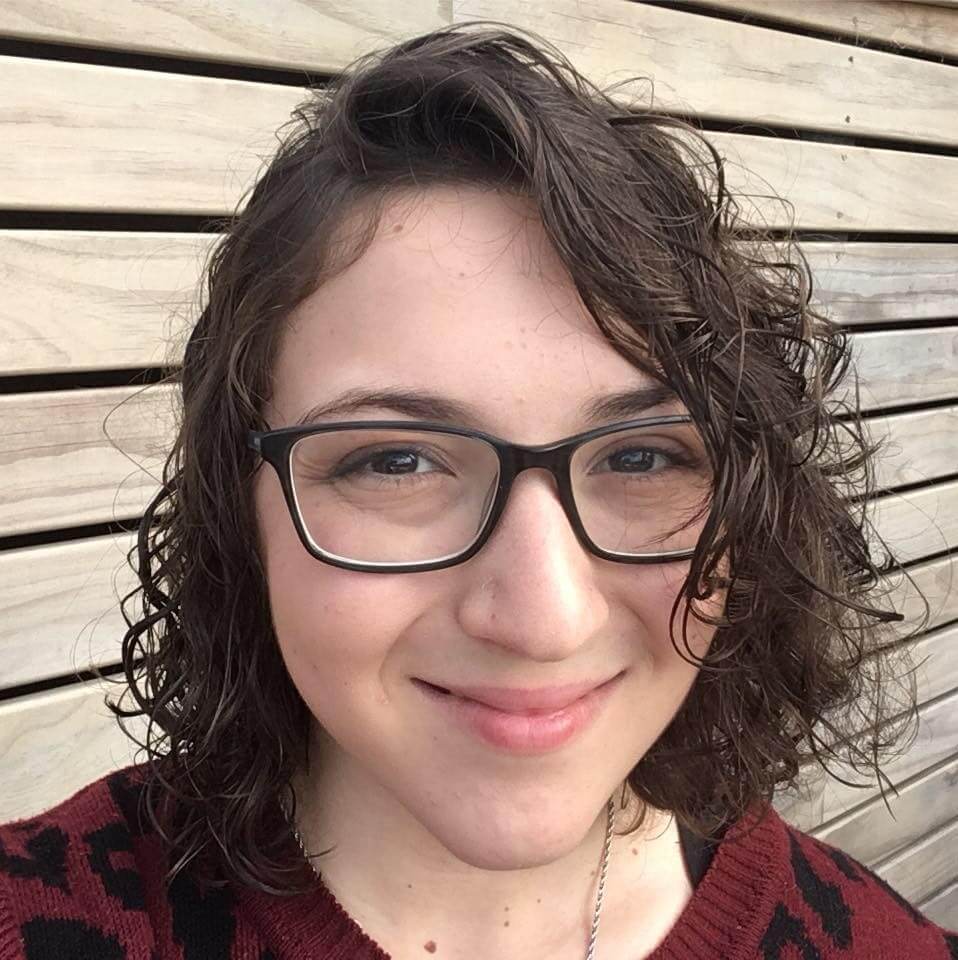

Three months after starting university Sarah Albom sat in a hospital recovery room eating a sandwich with the crust cut off. The gastroenterologist walked in, smiled, and asked me how I was feeling after the gastroscopy. Then, he dropped the diagnosis. “Based on the photos we took during the biopsy of your small intestine; you have coeliac disease.” That crustless sandwich was the last gluten product I’ve eaten in three years. Now, I wipe down countertops and avoid sharing bowls of chips to protect myself from even traces of the stuff. The only known treatment for coeliacs is strict adherence to a gluten-free diet. There is no cure.
My symptoms are on the severe side. Once, I accidentally ate food cooked in a pan that was improperly cleaned. I was unable to keep down water for two days and food for another three. Even when I keep my food safely gluten-free, I suffer from chronic fatigue and joint pain. There are over 200 different symptoms caused by coeliac disease, and every person’s experience vastly varies. But all of us have the same internal issue; every time we eat gluten, our immune system destroys the lining of our small intestine. For me, coeliac disease is a social disease. There hasn’t been a day since diagnosis where I haven’t had to think about it. It affects the way I interact with friends, how I plan my day, and even where I can live. I’ve accepted that I will never feel normal around food, but it doesn’t make it easier. Food is an important part of social culture, and not being able to eat like everyone else makes me feel left out. The price of gluten-free food is especially difficult. As a university student, my budget is lacking. I have found the best way to eat cheaply is to make food that is naturally gluten free. My main starch is rice, and I make lots of curries. Planning my meals for the week before shopping, I can cut down on impulse buys.
Another important aspect of gluten-free living is where you live. I had the misfortune last year to flat with someone who did not respect my dietary requirements and would deliberately gluten me when I annoyed him. This year, I have much more accommodating flatmates. It’s important to talk with your flatmates before you move in about the severity of your illness and ensure that they are willing to respect your requirements. If you are lucky, you may even find gluten-free people to share accommodation with! These everyday issues are what inspired my short documentary ‘Don’t Pass the Bread’ about the social aspect of the disease. While I aimed to raise more awareness about coeliac’s more holistic effects, I also wanted to speak to those who are diagnosed. It can feel lonely to make such drastic lifestyle changes and then have to maneuver around those who have no limitations. I wanted to help others express their own disappointments with the disease and the ways in which they now live differently. Coeliacs does not define who we are, and it does not mean we are doomed to have awful, sad lives. But it does require creativity to overcome the bigger limits that it causes.
Coeliac NZ would like to acknowledge Sarah’s volunteering effort by interviewing Brent Martin, Executive Chef at Park Hyatt, Auckland presented at the Coeliac NZ AGM and for sharing her documentary ‘Don’t Pass the Bread’ on the Coeliac NZ YouTube channel. If you are interested in volunteering for Coeliac NZ, please contact admin@coeliac.org.nz.